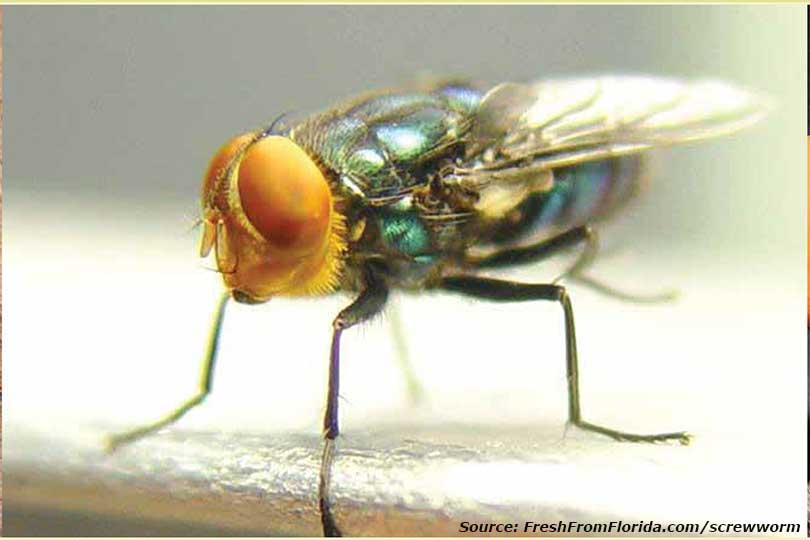Florida officials expect to win the fight against screwworms and have decided it’s safe to begin winding down efforts to keep the flesh-eating parasite from spreading to the mainland.
“It’s too early to declare mission accomplished,” Commissioner Adam Putnam told the Associated Press. But he said the outlook was promising that no wild screwworm flies have been found in the island chain since Jan. 10—a time period that amounts to three life cycles of the parasite.
The parasitic insect, a variation of a blowfly that once cost the U.S. livestock industry millions every year, was discovered killing dog-sized Key deer in September 2016. This was the first discovery in more than 30 years.
The National Key Deer Refuge Manager Dan Clark said the infestation killed 135 Key deer.
During the infestation’s peak between October and December, up to eight deer each day had to be euthanized. But as officials released sterilized flies in the area, the infections slowed, Clark said.
“We were concerned with how fast we were losing deer, but things turned after that,” Clark said.
Millions of male screwworm flies were released over the Keys and agricultural areas south of Miami to kill the parasite’s population.
The releases will end in late April, according to Putnam. The deer will likely stop receiving anti-parasite medications over the next month, but monitoring of the deer will continue.
The state also plans to shut down a highway checkpoint where animals leaving the Keys were inspected for screwworm infections.
“We had better control of access to the Keys, because we had one road in and one road out,” Putnam said. “Unfortunately, the most impacted species was one of the rarest, the Key deer.”
It’s still unclear where the screwworms came from.

